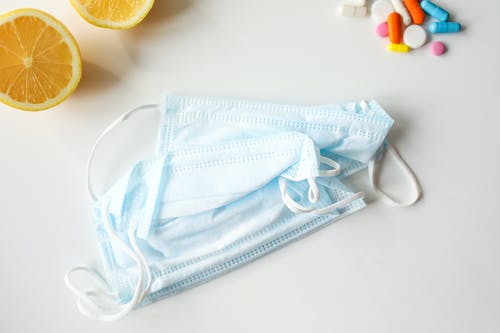The COVID-19 outbreak has turned people’s lives upside down. People are staying at home, working from home, social distancing, and cannot dine out in restaurants. As a result, many are quickly slipping into unhealthy eating habits during this stay-at-home period. Yet with some preparation and thought, people can easily maintain a healthy diet.
Having a diet that is full of nutrition is vital, especially during this crisis. A nutritious, well-balanced diet will offer people with healthy immune systems all the time. Infections can harm the body, mainly when they cause a fever; one’s body will require extra nutrients and energy. Thus taking a diet that healthy is crucial during this outbreak. Though no dietary supplements and foods can prevent the novel coronavirus infection, the right diet is vital to have robust immune systems.
John Spach Discusses on the Pivotal Role of Healthy Diet during COVID-19
- Adequate Diet – Your diet should include an amalgamation of foods from various food groups such as
- Protective Foods – These include minerals and vitamins, which help to boost immunity. All seasonal vegetables and fruits such as citrus fruits and dark green leafy vegetables are right for you. After all, vitamin A, C, and E and minerals, selenium, iron, copper, and zinc, are popular for influencing immune responses.
- Bodybuilding Foods – These offer the body a vital macronutrient, that is, protein. Pulses such as legumes and beans, milk & milk products like curd and paneer, and animal foods like fish, poultry, meat, and eggs are the best bodybuilding foods. The need for protein increases at the time of infection to synthesize the chemical compound and the immune cells’ proliferation.
- Energy-Rich Foods – These offer carbohydrates, which give the body the needed energy. It entails sugars such as jaggery, table sugar, molasses, honey, fats/oils like nuts, oilseeds, butter, ghee, cooking oil, and cereals like millets, maize, rice, and wheat. During infection, the body’s energy needs increase to compensate for the growing demands of energy owing to shivering and fever related to the infection.
- Sanitation and Food Hygiene – There has still not been any evidence of how the virus is transmitted. Still, it can be entirely possible that one may catch the infection by merely touching an object or a virus-contaminated surface and then right away touch his/her face. Thus John Spach throws light on the significance of practicing sanitation in food businesses and households.
When people practice good personal hygiene, they can protect not only themselves but also others. Washing hands using soap and water or hand sanitizer before eating or preparing food is a must. Food, too, must be kept at safe temperatures. Wash your fruits and vegetables thoroughly in lukewarm water. Besides, fish, poultry, eggs, and animal meats should be appropriately washed and cooked at the right temperature before consumption.
- Keep Hydrated – Staying hydrated is crucial for detoxifying the body. You should sip warm water all through the day as this will benefit the respiratory health. Avoid drinking sugar-sweetened drinks and stick to plain water instead. The consumption of coffee, tea, and alcoholic beverages must be in moderation.
A healthy diet, staying hydrated, proper sanitation, coupled with some physical exercise like yoga, walks, or meditation, will help people stay in the pink of health during the on-going crisis.


